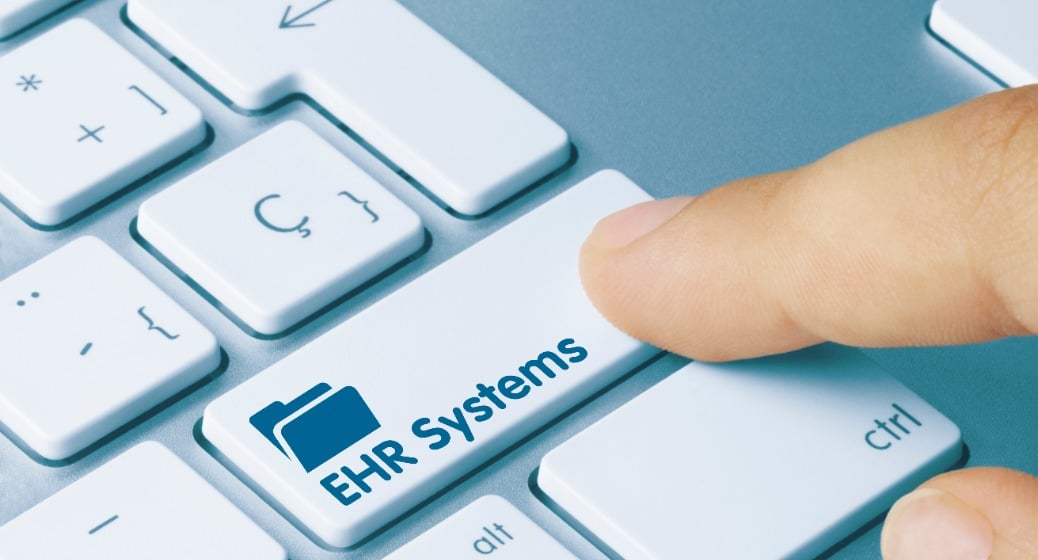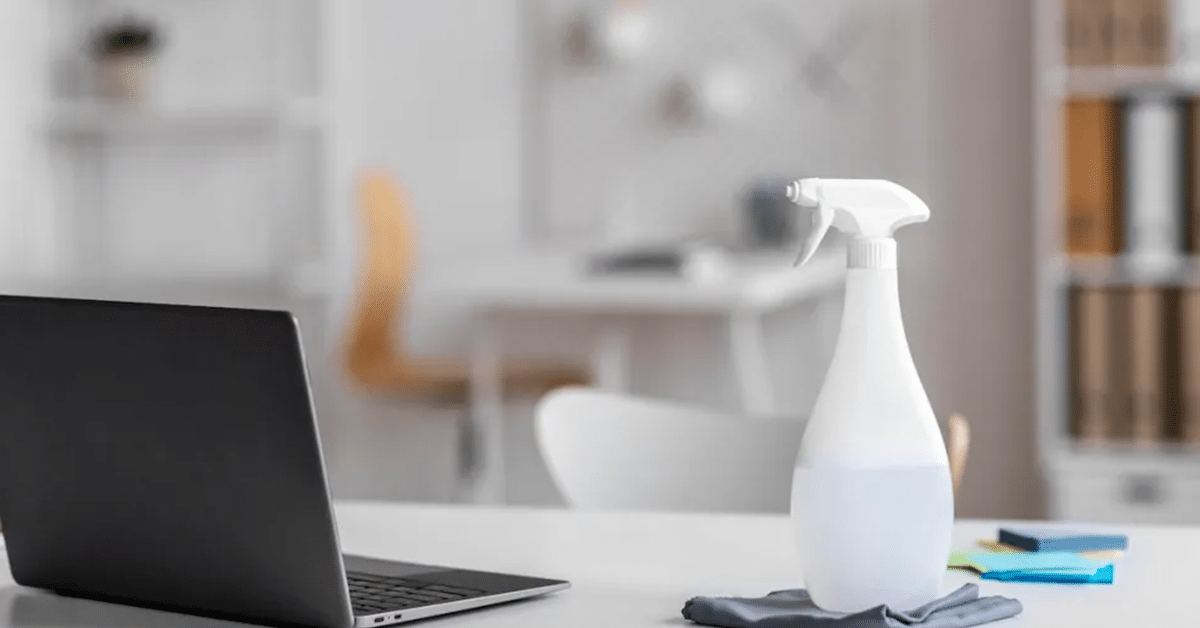Successfully managing patient notes and paperwork can help mental health professionals realize more constructive and demonstrable progress with patients. In addition, well-managed notes allow professionals and their patients to have more productive time together. Healthcare providers can quickly and efficiently retrieve relevant notes and ensure that patients are up-to-date on their paperwork.
It’s crucial for practices to install and utilize reliable mental health electronic health record (EHR) software to safely collect patient notes and paperwork in a HIPAA-compliant manner. Let’s take a look at some of the EHR software:
TherapyNotes
Many private practices love the versatility of TherapyNotes, a cloud-based EHR that also offers an app. It is HIPAA-certified and provides a range of features for your mental health private practice.
With TherapyNotes, you can collect the patient data you need for your specialty with customizable forms and easy-to-use progress note-taking. In addition, TherapyNotes can also help you create a customized treatment plan and safely maintain patient charts and history.
TherapyNote’s more efficient data collection, patient scheduling, and note taking means you get more time with your client and more time working toward better mental health outcomes.
RXNT
Many patients need the ability to access their mental health professionals both virtually and in person. For over 22 years, RXNT has been a trusted healthcare software company. Now cloud-based, RXNT allows providers to connect with patients via third-party audio and video platforms.
Providers can take notes, record sessions, and pull up historical notes for clients and can even share data with their patients in real-time.
RXNT also allows providers to create customized forms so they can collect the information they need to be more productive with paperwork. And with chat, email, and live support, mental health providers can get the answers they need to make RXNT work for them.
Jotform
Many providers already have software they like and simply want to add on a program. Jotform offers customizable forms and HIPAA-compliant data collection. In addition, users can create forms to collect patient feedback.
Jotform is fast to set up and easy to use, and providers can also use it as a helpful tool to facilitate telehealth services by making it simple to create patient consent forms and payment avenues.
Adding Jotform can be a great solution when you already have an EHR in place that you don’t want to replace but want something that is intuitive and customizable.
CounSol
Increasingly, providers are looking for ways to make mental health services more accessible for patients. CounSol offers a patient portal that allows clients to book appointments and even submit entries in an e-journal.
With CounSol, patients can book individual or group sessions, participate in video sessions, and receive treatment plans. Providers can keep progress notes in CounSol and can also use them for in-office patients and even sessions by phone.
Providers can also upload existing records for clients into CounSol, and also create custom documents for their individual practice.
KASA
Managing your practice as an individual provider can mean keeping track of a lot of data. KASA helps you stay on top of everything, from appointment scheduling to creating automated messaging.
One key benefit of KASA is that it helps you create visual organization by color-coding many aspects of your practice, including meetings and patient progress notes. KASA also allows you to highlight critical patient information from your sessions.
KASA is a HIPAA-compliant, web-based EHR software. Their goal is to deliver the most straightforward software solution for mental health providers to ensure they can maximize their time with patients.
Finding the Best Solution for Your Mental Health Practice
It’s crucial to find the right EHR software solution for your practice. You’ll need to consider which offers the most intuitive method of making and maintaining patient notes. In addition, you want to find a software program that allows you to craft customized documents while safeguarding patient paperwork. And many practices are now looking for programs that offer multi-device capabilities. Consider what your practice goals are and choose a program that provides the level of compliance you need.
Keep Reading
Want more? Here are some other blog posts you might be interested in.









